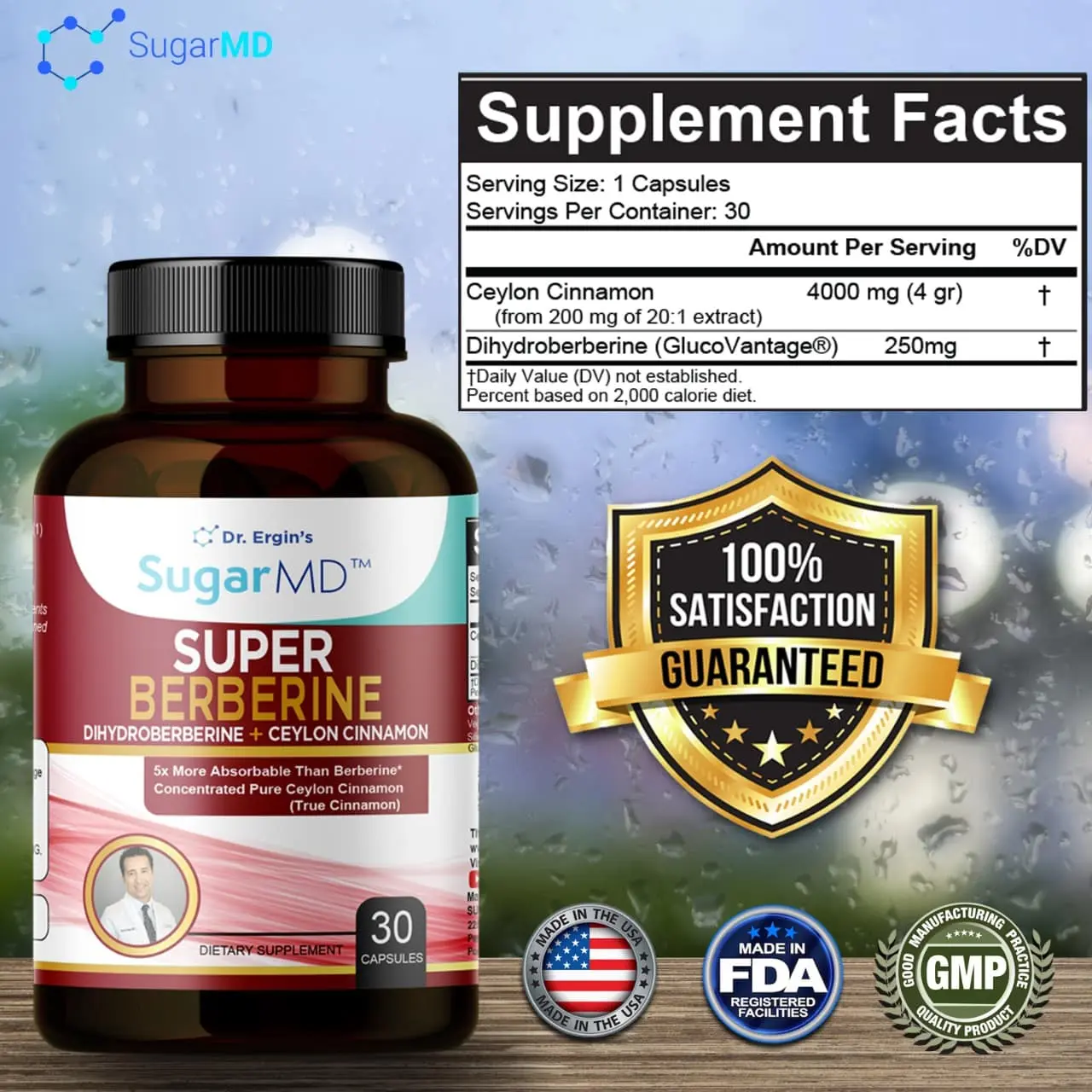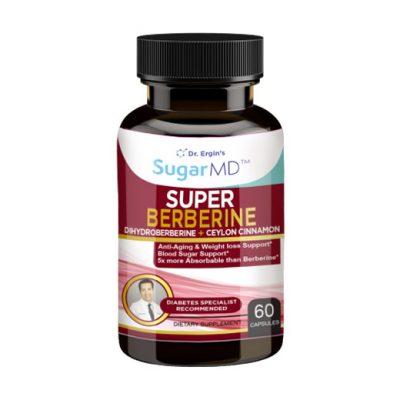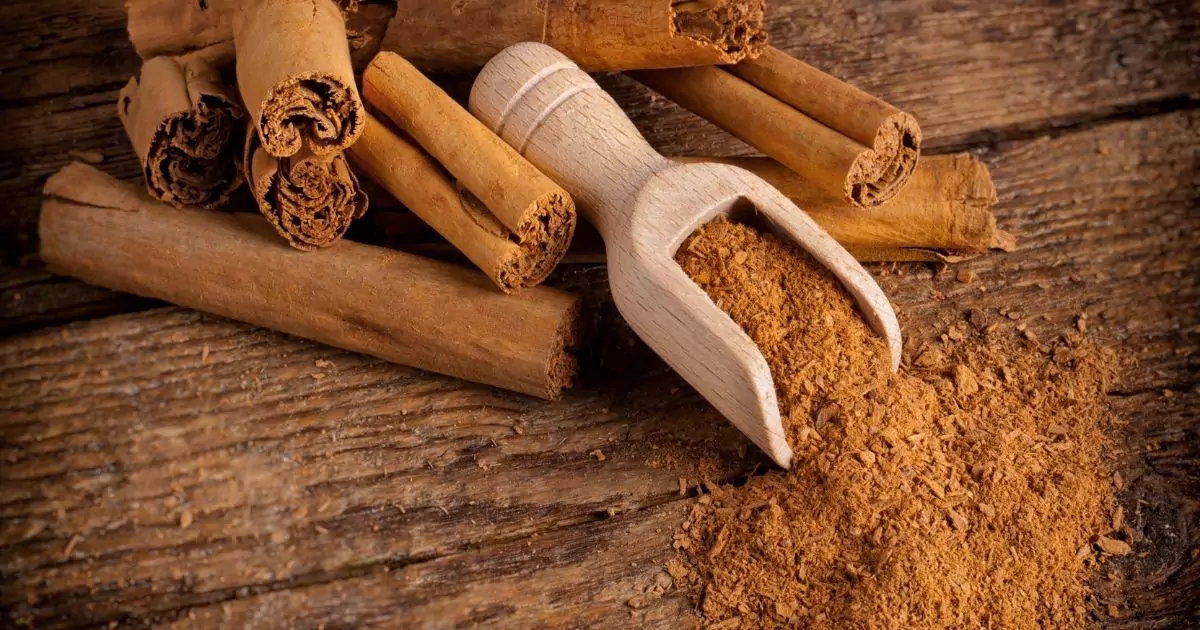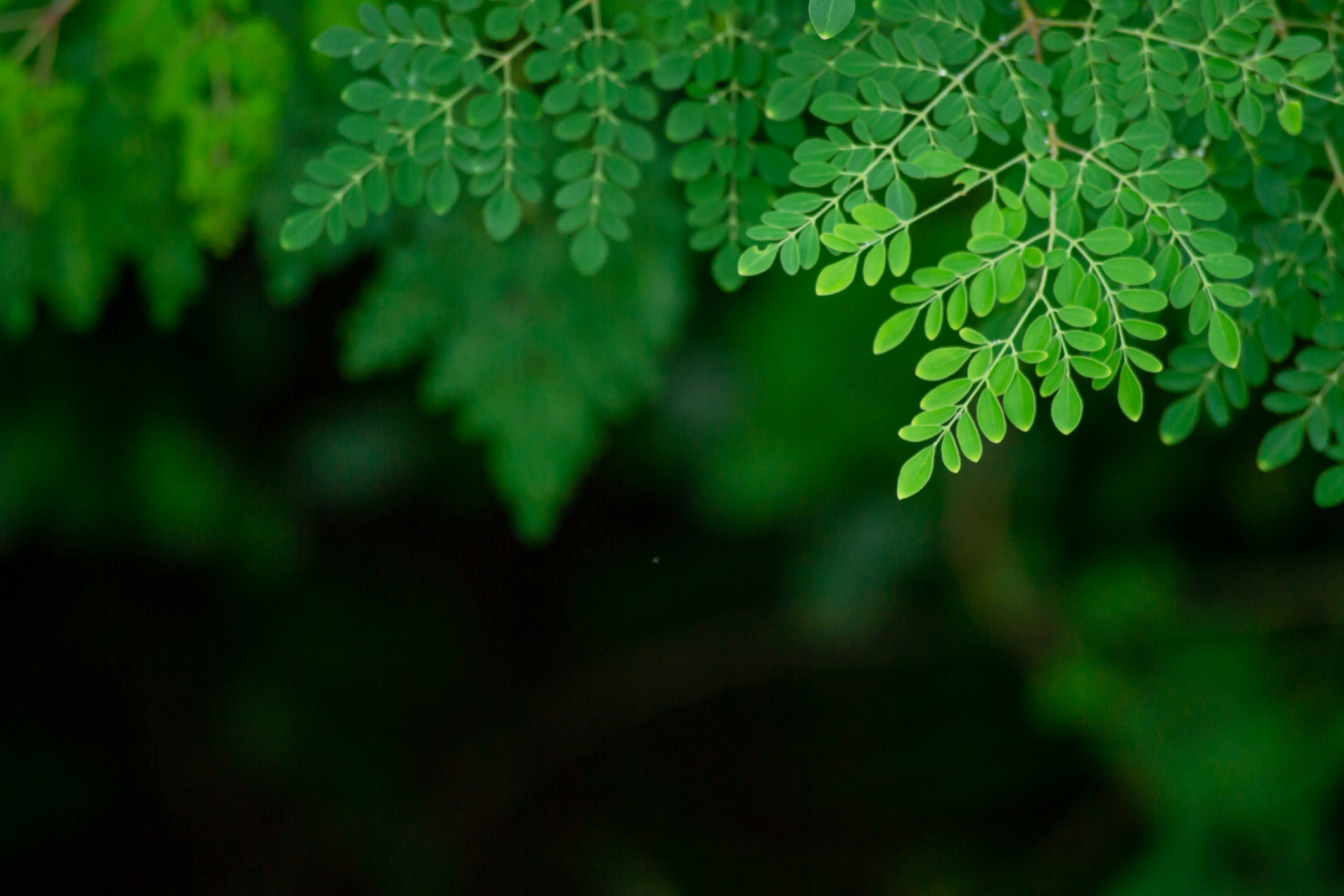 UP TO 15% OFF
UP TO 15% OFF 





Supplements for diabetes, Herbs, Benefits & Side Effects


Table of Contents
- How To Control Glucose With Natural Supplements & Herbs For Diabetes Without Side Effects
- Bitter Melon- A Natural & Popular Supplement For Diabetes
- How To Eat Bitter Melon In Your Diet?
- Side Effects of Bitter Melon
- Jambolan As A Powerful Supplement For Diabetes
- Turmeric/Curcumin Benefits For Diabetics
- Amla Benefits
- Is Swertia Chirata Good For Diabetics?
- Side Effects Of Swertia Chirata
- Berberine, A Well Known Herb Among Diabetics
- Is Berberine Good for Diabetes? The King Of Supplements For Diabetes?
- What Are Berberine's Diabetic Benefits?
- How Does Berberine Supplement Work Diabetes?
- Why Do People Prefer Berberine Over Metformin?
- Why is Dihydroberberine Called "Super Berberine"
- Berberine Side Effects
- How Fast Does Berberine Lower Blood Sugar?
- How To Avoid Berberine's Digestive Side Effects?
- Cassia vs. Ceylon Cinnamon
- Cassia Cinnamon
- Why Use Ceylon Cinnamon As A Supplement For Diabetes?
- Ceylon Cinnamon Lowers LDL ( Bad Cholesterol)
- Antiinflammation feature of Ceylon Cinnamon
- Side Effects of Ceylon Cinnamon
- Drug Interaction and Monitoring During Use of Diabetic Herbs and Supplements.
- About the author
How To Control Glucose With Natural Supplements & Herbs For Diabetes Without Side Effects
If you have diabetes, you know that managing your blood sugar is critical for your health. While there are prescription medications available to help with this, many people are looking for natural methods of controlling their diabetes such as supplements for diabetes.
There are a number of different approaches you can take to achieve this, and each one will be tailored to your individual needs. Here we will explore some of the most popular natural remedies and diabetic herbs for controlling diabetes, and provide guidance on how to get started.
So if you're ready to take control of your diabetes naturally, keep reading! Many traditional medicines help the body release and respond to insulin better. Even drug development is moving in the direction of herbal therapies. Let's Review The Best Herbs Proven To Help Control Blood Sugars.
Bitter Melon- A Natural & Popular Supplement For Diabetes
Bitter melon contains several chemicals that appear to behave like insulin and aid in blood sugar regulation. According to some research, they do this by allowing more glucose into the cells and then supporting your body in processing and storing it in the liver, muscles, and fat.
They may also prevent your body from converting the nutrients it stores into glucose and releasing it into the bloodstream. According to some studies, bitter melon can help people with type 2 diabetes lower their blood sugar and A1c levels. Bitter melon can be purchased as a supplement.
It's also available in many Asian grocery stores. Fresh, dried, canned, or pickled food. Bitter melon seeds, flowers, leaves, and juice are all present. Bitter melon tea bags are also available. When it comes to supplements, not all products are created equal. This is especially true for supplements that contain bitter melon.
The effectiveness of these products can vary widely depending on the quality of the ingredients and the method of preparation. For example, SugarMD Advanced Glucose Support uses only the highest quality bitter melon, and its proprietary blend of herbs is carefully designed to maximize efficacy. As a result, this supplement is far more effective than other products on the market.
How To Eat Bitter Melon In Your Diet?
First, remove the seeds from the fresh fruit. Then, before cooking, blanch or soak it in salt water to help with the bitter taste. It's frequently stuffed, stir-fried, or cooked alongside other vegetables. Tea can be made from fruit, flowers, or seeds.
Side Effects of Bitter Melon
Bitter melon can be coupled with stomach upset and diarrhea These side effects are relatively uncommon, and most people adjust to them within a week or two.
Gymnema
Gymnema Sylvestre is an herb that has been used in Ayurvedic medicine for centuries. Traditionally, it has been used to treat diabetes and obesity. More recently, it has been shown to be effective in reducing blood sugar levels in people with type 2 diabetes. Gymnema works by inhibiting the absorption of sugar in the intestines and by stimulating the release of insulin from the pancreas.
In addition, Gymnema has been shown to decrease cravings for sweets and reduce body fat. So next time you hear someone telling you that you need to go on insulin, consider Gymnema as well. Gymnema may be a safe and effective way to control blood sugar levels without the use of medication. Also, a study of moderately obese people showed that Gymnema extract lowered triglycerides and bad "LDL" cholesterol by 20%.
Also, it raised the level of "good" HDL cholesterol by 22%. Gymnema Sylvestre may be able to reduce inflammation caused by too much sugar because it can stop your intestines from absorbing sugar. On top of that, Gymnema seems to have its own anti-inflammatory properties. People think this is because it has tannins and saponins, which are good plant compounds.
Gymnema Side Effects
Gymnema Sylvestre is generally considered safe, but there are a few potential side effects to be aware of. Some people may experience stomach upset, nausea, or diarrhea when taking the herb
Jambolan As A Powerful Supplement For Diabetes
Jambolan, also known as black plum, is a fruit that is native to South and Southeast Asia. The tree that bears this fruit is often called the "Java Plum" tree. Jambolan has been used for centuries in folk medicine for the treatment of diabetes.
The high content of antioxidants in jambolana leaves is thought to be responsible for its blood sugar-lowering effects. In addition, jambolan also contains a hypoglycemic compound called jambosine. Jambosine has been shown to lower blood sugar levels in animal and human studies. The fruit is still widely consumed by people with diabetes. That is why we used the highest quality and concentration of Jambolan in the SugarMD Advanced Glucose Support supplement.
Jambolan Side Effects
Jambolan can cause temporary gastrointestinal upset, including diarrhea and vomiting. For this reason, it's best to avoid jambolan if you have a history of digestive problems.
Turmeric/Curcumin Benefits For Diabetics
Turmeric and curcumin are two substances that have been shown to be very good for blood sugar control and diabetes. Turmeric is a spice that has been used in India for thousands of years and has a long history of being used as a medicinal herb. Curcumin is the active ingredient in turmeric and is responsible for most of the health benefits.
Studies have shown that curcumin can help to reduce insulin resistance, lower blood sugar levels, and improve beta-cell function. Curcumin has also been shown to help reduce inflammation, which is a major factor in the development of diabetes. There is plenty of evidence that turmeric and curcumin can be effective in the treatment and prevention of diabetes.
Turmeric/Curcumin Side Effects
Some people may experience an upset stomach or other digestive issues. If you have severe reflux disease use it with caution. In rare cases, turmeric can cause allergic reactions, including rash and itching.
Amla Benefits
Amla has been used for ages to cure a range of ailments, including diabetes, and is considered to be an Ayurvedic herb in some circles. Amla has gained popularity in recent years as a natural remedy for diabetes due to its ability to reduce blood sugar levels.
A number of studies have demonstrated that amla can aid in the regulation of blood sugar levels, making it a useful tool in the management of diabetes. The fruit of the amla tree is also high in antioxidants and has anti-inflammatory qualities, both of which are useful to persons who have diabetes.
Amla Side effects
The food is high in vitamin C and high in ascorbic acid. Because it is acidic in nature, it can cause acidity and stomach irritation in people who have a history of hyperacidity.
Is Swertia Chirata Good For Diabetics?
Swertia chirata, also known as chirata, is a traditional herbal medicine that has been used for centuries in India to treat a variety of ailments. Recently, it has gained popularity as a natural treatment for diabetes. Studies suggest that Swertia chirata may help to control blood sugar levels in people with diabetes.
In one study, participants who took Swertia chirata extract for 8 weeks had significantly lower fasting blood sugar levels than those who did not take the extract. Additionally, participants who took Swertia chirata extract had higher levels of hemoglobin A1c (a marker of long-term blood sugar control) than those who did not take the extract.
These results suggest that Swertia chirata may be an effective natural treatment for diabetes. If you are interested in trying Swertia chirata consider using SugarMD Advanced Glucose Support for the best efficacy.
Side Effects Of Swertia Chirata
Because of its Tikta (bitter) flavor, some people may experience nausea or vomiting after consuming Chirata powder. Most people tolerate and get used to it but a minority of patients will not.
Berberine, A Well Known Herb Among Diabetics
What You Need to Know About Berberine
Berberine is a Type 2 diabetes supplement. So, what does Berberine do? What good is it? And how much berberine for diabetes? Berberine is a bioactive chemical found in many plants, notably the Berberis shrub family. Goldenseal, philodendron, turmeric, European barberry, and Oregon grape all contain berberine. Berberine is a chemical that has been shown to improve insulin sensitivity. Hundreds of studies have examined its impact on Type 2 diabetes and cholesterol.
Is Berberine Good for Diabetes? The King Of Supplements For Diabetes?
Traditional Chinese medicine has traditionally used the berberine chemical. Initially, berberine was anti-inflammatory and anti-aging. However, an extensive investigation confirmed berberine's anti-diabetic properties.
Berberine offers several health benefits. It enters the bloodstream after being absorbed by the body. It connects to “molecular targets” inside cells and alters their function. This is similar to how medications function. I won't go into detail here because biological causes are complex and varied, but contact me if you want to learn more.
What Are Berberine's Diabetic Benefits?
As stated, berberine has many advantages. They can be:
- Reduce insulin resistance
- Berberine lowers fasting blood glucose
- Improves triglycerides and cholesterol.
- Decreases HbA1c.
How Does Berberine Supplement Work Diabetes?
Berberine acts with an enzyme called amp kinase, which is an enzyme that works as a partial signal switch, to reduce insulin resistance, which in turn improves cholesterol and LDL levels. It also improves gut flora by boosting beneficial bacteria and reducing glucose absorption or breakdown.
Why Do People Prefer Berberine Over Metformin?
Metformin is a widely used oral anti-diabetic drug. This drug is used to reduce blood sugar levels. Like berberine, it promotes insulin sensitivity, lowering blood sugar levels. Although berberine, like metformin, has certain adverse effects, many people prefer this supplement for diabetes because it is natural and has a lesser hazardous potential than other oral hypoglycemic medications. Unlike medicines like metformin, berberine is a natural plant supplement. Berberine causes less gastrointestinal distress than metformin.
Why is Dihydroberberine Called "Super Berberine"
Dihydroberberine is the higher form of berberine. Dihydroberberine is easily absorbed by the body due to its chemical composition. After oxidation, it reverts to berberine and enters the bloodstream. Simply put, only a portion of typical berberine is absorbed. Insufficient absorption, distribution, and metabolism of Berberine. As a result, a larger proportion of the dose is squandered.
Dihydroberberine is preferable to berberine as a superior diabetic supplement. This more active version is not wasted when taking dihydroberberine. It is easily absorbed, disseminated, and metabolized. Dihydroberberine has a greater bioavailability than berberine. They discovered that dihydro berberine is five times more absorbable than berberine.
Berberine Side Effects
Berberine, like other vitamins or drugs, has adverse effects. Dihydroberberine has fewer negative effects than berberine or even metformin. The bulk of these negative effects affect the GI system. Minorities of patients may have the following side effects of berberine if taken in excess:
- Constipation
- Diarrhea
- Stomach cramps
- Flatulence/indigestion
- Headache
Berberine supplements are safe to use in moderate doses. Berberine Diabetes Dosage Most diabetics take 1,000–1,500 mg of berberine daily. Because berberine is easily absorbed, it is given in 500mg doses 2-3 times per day.
How Fast Does Berberine Lower Blood Sugar?
Berberine has been shown to help diabetics lower their blood sugar levels. Consistently taking proper doses can yield results in a few weeks. Same applies to dihydroberberine which has less side effects.
How To Avoid Berberine's Digestive Side Effects?
Instead of 1,000 or 2,000 milligrams per day, try 300 mg each serving. Instead of berberine, you might try dihydroberberine. Dr. Ergin's SugarMD Super Berberine diabetic supplement contains dihydroberberine and Ceylon cinnamon with 20:1 concentration. Dihydroberberine can cause stomach upset, however, it is less common than berberine's side effects.
Finally, dihydro berberine is beneficial to diabetics. It is one of the few medicinal supplements that can compete with pharmaceuticals in treating diabetic symptoms. The odd cheat lunch with your family or friends won't have to cause your blood sugar to skyrocket. You can also eat without constant anxiety! To achieve good A1c and diabetes control, take berberine or dihydro berberine frequently.
This diabetic vitamin, like any other, is not a miracle worker. Always use dihydroberberine with a healthy diet and exercise to properly manage your diabetes. Combining it with SugarMD Advanced Glucose Support can actually give a synergistic effect as well.
Ceylon Cinnamon Benefits For Diabetics Inner bark of small evergreen Cinnamomum trees found in Sri Lanka and Southeast Asia. It's called Cinnamomum verum and is a lighter shade of cinnamon. It also has citrus undertones. Drying the cinnamon tree's inner bark creates cinnamon sticks.
Grinded inner bark can also be used as a sweetener Finally, extract the bark. It's in drinks, desserts, candies, and curry. Cinnamaldehyde-rich essential oils have unique and beneficial properties. It gives us our sense of smell and taste. The spice's many health benefits are due to cinnamaldehyde.
Cassia vs. Ceylon Cinnamon
There are two types of cinnamon now. Ceylon and Cassia Cinnamon (Cinnamomum cassia). Usually sold as plain cinnamon. It's important to know which has which advantages and disadvantages. Both varieties have the same flavor and active ingredients, but their potency varies.
Cassia Cinnamon
Also known as Chinese cinnamon since many Cassia cinnamon subspecies are now grown in Asia. Color: Dark brown-red It's denser and rougher than Ceylon. The same active ingredients as Ceylon cinnamon, but a lower quality spice. It is much cheaper than Ceylon cinnamon and is available in supermarkets worldwide. Chinese herbalists have long used Cassia cinnamon.
Cinnamaldehyde is 95 percent of Cassia cinnamon oil, giving it a strong aroma. However, Cassia cinnamon contains coumarin, a toxin. Coumarin is a well-known plant compound. The toxic effects of high doses harmed the lungs, liver, and kidneys of rats in studies. Overdose may cause cancer. Humans have had similar isolated incidents. Cinnamon Cassia has coumarins which is 1% of the product vs Ceylon cinnamon is only 0.004% coumarin which is negligible. Ceylon cinnamon has 250 times less coumarin than Cassia cinnamon.
“True cinnamon/Ceylon cinnamon ” is grown in Sri Lanka and southern India. Ceylon is a soft brown stick from the Cinnamomum verum tree. Ceylon cinnamon is highly sought after and considered premium.
Due to its high quality, it is rare. In addition to its delicate and light flavor, Ceylon cinnamon is ideal for use for medicinal purposes. Ceylon cinnamon contains less cinnamaldehyde (50-63%) than Cassia cinnamon. That's why Ceylon cinnamon powder and sticks are milder.
Why Use Ceylon Cinnamon As A Supplement For Diabetes?

Ceylon cinnamon and Dihydroberberine
The health benefits of Ceylon cinnamon are well known because it contains several beneficial compounds. Antioxidants, polyphenols, and cinnamaldehyde are examples. Ceylon cinnamon has been shown to improve insulin response in diabetics. Ceylon cinnamon can help regulate blood sugar levels. It prevents blood sugar spikes.
By increasing glucose uptake, Ceylon cinnamon can help control blood sugar levels. Muscle and fat tissues become more insulin-sensitive, increasing uptake. This particular spice also slows gastric emptying, preventing a blood sugar spike Ceylon cinnamon contains cinnamaldehyde, which improves insulin sensitivity in diabetics. This makes it an attractive diabetic supplement. In this way, Ceylon cinnamon is becoming a diabetes treatment.
Interested in a Ceylon cinnamon and dihydro-berberine supplement? Try SugarMD Super Berberine. In my practice, my patients do great with it and I am sure you will have success as well.
Ceylon Cinnamon Lowers LDL ( Bad Cholesterol)
It has been proven in studies to help lower cholesterol. LDL is linked to heart disease. Ceylon cinnamon can reduce LDL and cholesterol without affecting HDL.
Antiinflammation feature of Ceylon Cinnamon
Cinnamonaldehyde, the active ingredient in Ceylon cinnamon, has anti-inflammatory properties. As a result of this, the body's symptoms are reduced. It's linked to arthritis and heart disease in addition to being a supplement for diabetes. Using Ceylon cinnamon avoids these issues. To help neutralize free radicals and prevent damage, Ceylon cinnamon is an antioxidant-rich spice.
The cinnamaldehyde component of Ceylon cinnamon is also antibacterial. Ceylon Cinnamon anti-oxidant Its orange color comes from beta-carotene. The fact that beta-carotene is a provitamin means it can easily be converted into more valuable and beneficial forms like vitamin A.
Side Effects of Ceylon Cinnamon
As a flavoring or spice in dishes, Ceylon cinnamon is safe. Use 0.5-5 g of Ceylon cinnamon per day in capsules or medication also is safe. However, taking more Ceylon cinnamon than recommended can be harmful. Dermal and mucous membrane irritation from Ceylon cinnamon extract is possible. It can affect the stomach and urinary system. In addition, dizziness, nausea, and diarrhea may occur.
Other side effects of excessive Ceylon cinnamon can be slow gastric emptying including nausea, vomiting, and heartburn. This mechanism is similar to the effect of Ozempic, Trulicity, and Victoza, which helps regulate blood sugar levels. Those taking both must monitor their blood sugar.
The doses of both can be adjusted. Oral diabetes medications include glimepiride and rosiglitazone. Avoid hypoglycemia (low blood sugar)! The bottom line, Ceylon cinnamon is a flavorful and healthy spice that improves insulin sensitivity, lower blood sugar, and bad cholesterol levels safely.
Drug Interaction and Monitoring During Use of Diabetic Herbs and Supplements.
For people with diabetes, blood sugar levels can be a constant worry. But there are the herbs we discussed above that can help to lower blood sugar levels, giving you one less thing to worry about. SugarMD Advanced Glucose Support and SugarMD Super Berberine are supplements for diabetes with a blend of herbs specifically designed to support healthy blood sugar levels.
And because it's all-natural, you can be sure that it's safe for long-term use. Plus, it's easy to take - just take it right before a meal 2 capsules for Advanced Glucose Support and 1 capsule for Super Berberine with a glass of water right before or right after a meal. Of course, if you're taking diabetes medication, you'll need to monitor your blood sugar levels closely and adjust your dose as needed.
But adding SugarMD Advanced Glucose Support to your regimen can help give you the support you need to keep your blood sugar levels under control. Indian Goosberry (Jambolan) interacts with medications that slow blood clotting (anticoagulant/antiplatelet drugs). Blood clotting may be slowed by Indian gooseberry. Taking Indian gooseberry with blood clotting medications may increase the risk of bruising and bleeding.
People taking blood-thinning medications such as warfarin (Coumadin), clopidogrel (Plavix), and aspirin should avoid taking curcumin or turmeric supplements because the supplements can increase the blood-thinning effects of the drugs to dangerous levels.
While it is always important to consult with a healthcare professional who has knowledge in holistic approaches before starting any new supplement regimen, diabetic herbs can be a safe and effective way to help manage blood sugar levels when obtained from a reliable and trusted source. At SugarMD Supplements, we are dedicated to providing only the highest quality herbal supplements to our customers. Try our supplements for diabetes today and see the difference they can make in your health!
About the author
Dr. Ahmet Ergin is the author of The Ultimate Diabetes Book and the Founder of the SugarMD youtube channel. He practices in Port Saint Lucie, FL as an endocrinologist physician.
Written By Dr. Ahmet Ergin
465 total articles
Meet Dr. Ahmet Ergin, a highly skilled and dedicated endocrinologist with a passion for diabetes care. Dr. Ergin earned his medical degree with honors from Marmara University in Istanbul. He completed internal medicine residency and endocrinology fellowship at Cleveland Clinic. Dr. Ergin is board-certified in Internal Medicine, Endocrinology, Diabetes, and Metabolism due to his vast medical expertise. He's a certified diabetes educator, author of “The Ultimate Diabetes Book,” and founder of “the SugarMD YouTube channel.” Dr. Ergin offers exceptional diabetes care to his patients in Port Saint Lucie, FL, helping them manage effectively. For a closer look into his insights and experiences, connect with Dr. Ahmet Ergin on LinkedIn, Instagram, and YouTube.”
Disclaimer: These statements have not been evaluated by the Food and Drug Administration. Information on this website isn't intended to treat, cure or prevent any disease. Discuss with your doctor and do not self-treat.
Products













